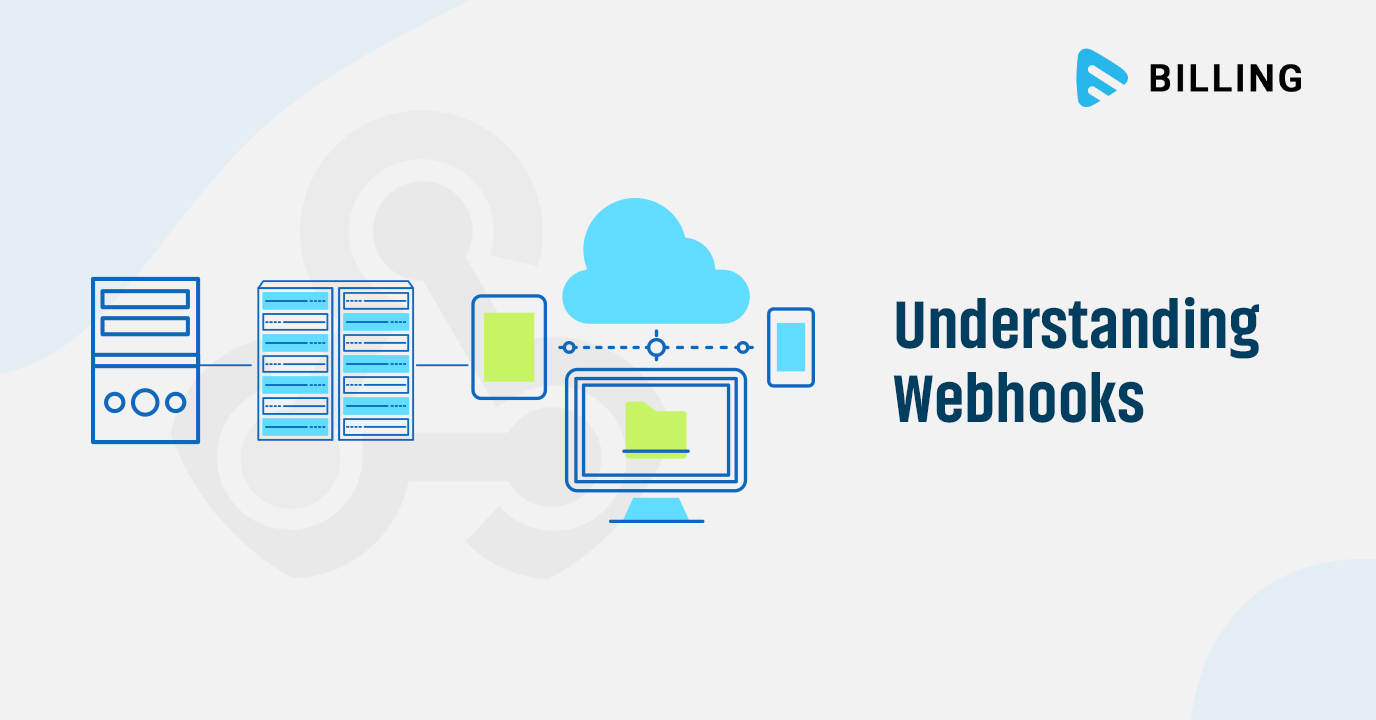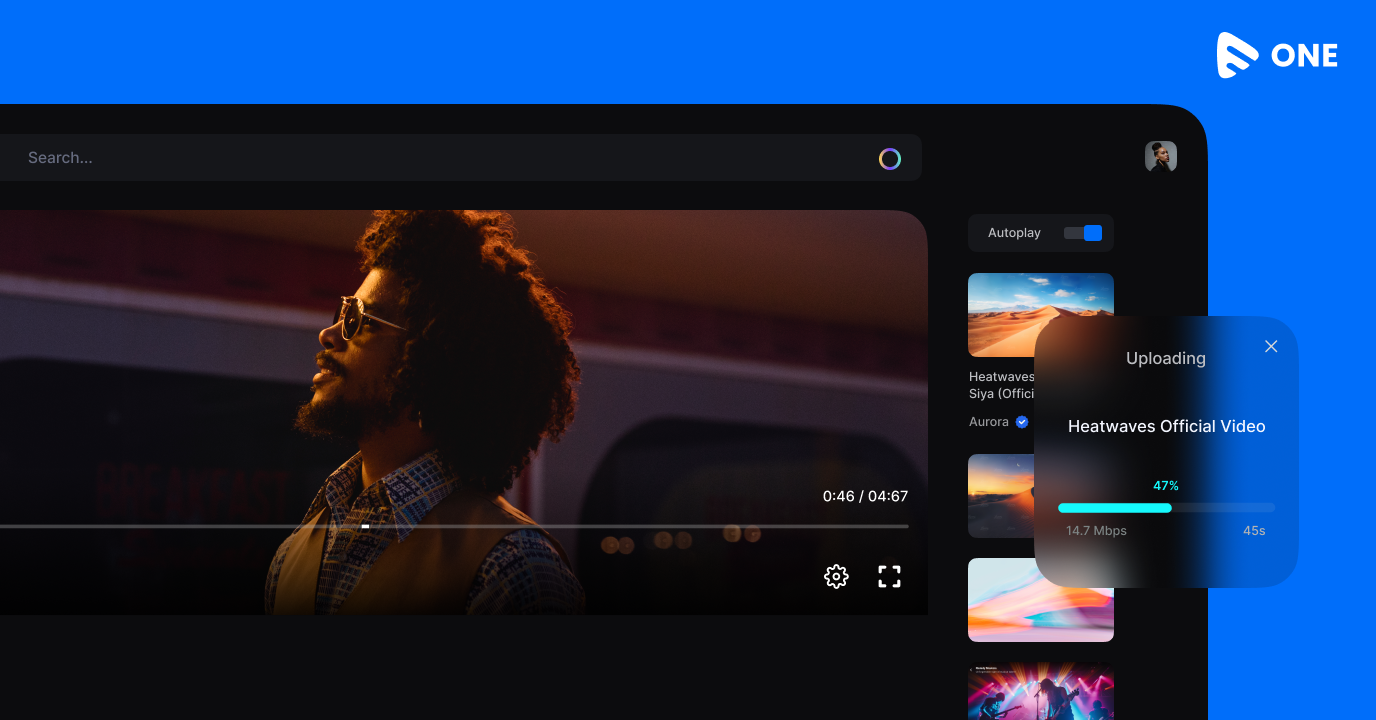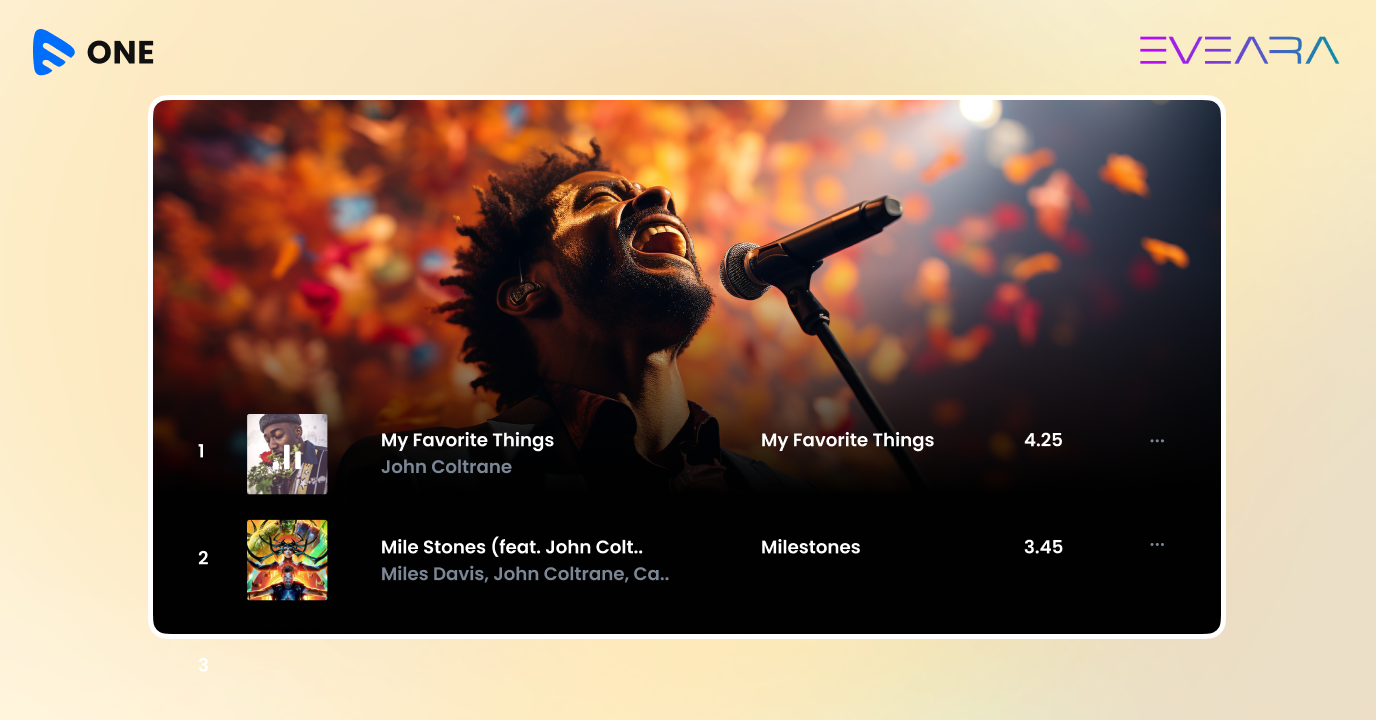Webhooks – a term that has been trending for a while now, and more often than not, people are confused about it. So, here’s us trying to explain what are webhooks and how it works.
Now before we start the explanation, let us put a scenario ahead of you.
Situation: Imagine if, in a football match, players have to ask their teammates for the ball after every move. So, for example, Ronaldo has the ball with him, Rashford is standing near the goal, and then calls Ronaldo to pass the ball to him. Ronaldo passes the ball, and now the ball is with Rashford, but he can’t pass it to anybody else unless someone asks for it. Absurd, right?
A football match is supposed to happen without much effort and questions. Basically, all the movements should be automated. Like in the above example, if Rashford didn’t have any opponent near him, Ronaldo should just pass the ball, and Rashford, instead of waiting for another call, should aim for the goal.
This is exactly what happens in Webhooks. Communication between two apps without the need for any call and any waiting period.
What are Webhooks?
Webhooks are a way through which apps can send each other messages without outside interference. These messages usually include updates that happen on the principal website. For example, an e-commerce platform(Principal website here), receives an order of 100 dollars. Now it has to inform the invoice application integrated with it. How to do that? Through webhooks. Earlier, you had to manually check whether an order is placed or not, but through webhooks, there is no need for that, it automatically pushes the information to other applications associated with it.

Difference between Webhooks and API
API and Webhooks both help in sending messages from one application to the other. However, the difference is that with API, you have to keep calling it and do the work yourself. Basically, if you are using API, then you will have to tell the other applications about the new information yourself. But, while using Webhooks, all you have to do is connect or give the webhook URL to the relevant applications, and the rest of the work, webhooks will do automatically. For example, if you own a newsletter company and want to be notified every time someone buys the subscription. So, with webhook, every time a user registers for a subscription to your newsletter, it will automatically send all the data to you and to other apps you have associated it with.
How does Webhooks Works?
To explain how a webhook works, let us take an example of OTT platforms. A person named XYZ bought a subscription for the OTT platform worth 25 dollars. Now, you have to generate an invoice for the same and send it to XYZ so that he can proceed with the payment. How will this happen?
Well, you have to create a template on your invoice application, then copy the same URL. After this, open your principal website, OTT platform in this scenario, and open the webhooks settings. Here, paste the URL you copied from the invoice application. So, from now on, every time a person buys your subscription to the OTT platform, the invoice application will automatically receive the notification and generate the invoice.
Conclusion
If you own a website that requires frequent interaction with other applications, then you must opt for webhooks as it will help you in saving your time and remove the possibility of missing out on anything. Also, if you want your billing process to be hassle-free, then explore Muvi Billing, which offers 20+ payment gateways. Take its 14-day free trial now.
















Add your comment